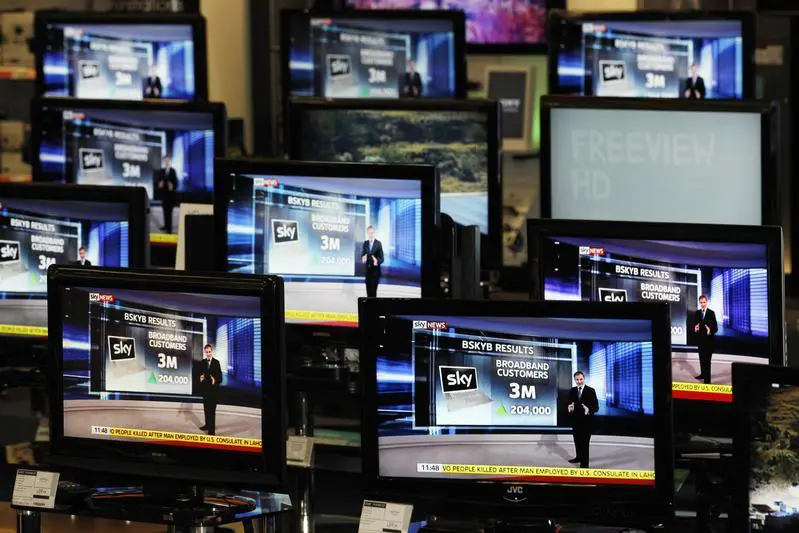PHOTO
Wednesday, Jan 25, 2017
Beirut: Amid ongoing political discussions over the next electoral law, Lebanon’s minister of information, Melhem Riachi, announced that he was contemplating strict new measures against “immoral” television broadcasts.
The announcement made by the Lebanese Forces minister sitting next to Hassan Fadlallah, a Hezbollah member of parliament, hinted at an unprecedented assault on the media in a country that swears by individual freedoms and boasts that it is the only Arab country that enjoys liberty.
On Tuesday, Riachi tasked the Audio Visual Council with looking into complaints against the LBCI television station, claiming that some programmes violated public morals.
Fadlallah upheld the complaints, insisting that viewers were “provoked”, and described certain contents as “unacceptable.”
Such programmes “ruin the emerging generation, adolescents and families”, he said, and was specifically referring to a dating show titled Take Me Out.
The popular LBCI programme assembles several women who seek a date with a prospective suitor. Daring in its approach, the show gives participants the choice to opt out if they find the man unappealing, as adult themed conversations that reveal details about dating preferences are encouraged by the host to liven things up.
Take Me Out host Fouad Yammine, LBCI, along with one of the show’s guests, were sued after what was deemed to be a particularly egregious episode, broadcast on January 22, 2017, allegedly because of “immoral [conversations that] infringed upon public morals.” The suit further claimed that the guest, an attorney, tarnished his profession’s reputation.
In his Tuesday press conference, Riachi vowed to balance free speech with the country’s moral values, which raised several questions: Can Beirut uphold freedom of expression, and can it do so without upsetting existing ethical norms? Will the government impose censorship on television stations that embark on what some perceive to be offensive or even unethical?
During a meeting with Riachi, Fadlallah, who chairs parliament’s Media and Telecoms Committee, revealed that he discussed a project proposed by the minister that would stipulate transforming the Ministry of Information into a “Ministry for Dialogue” without elaborating what that really meant.
By Joseph A. Kechichian Senior Writer
Gulf News 2017. All rights reserved.





















